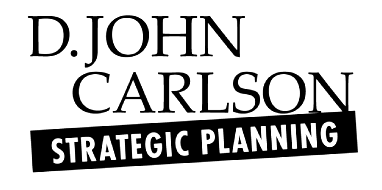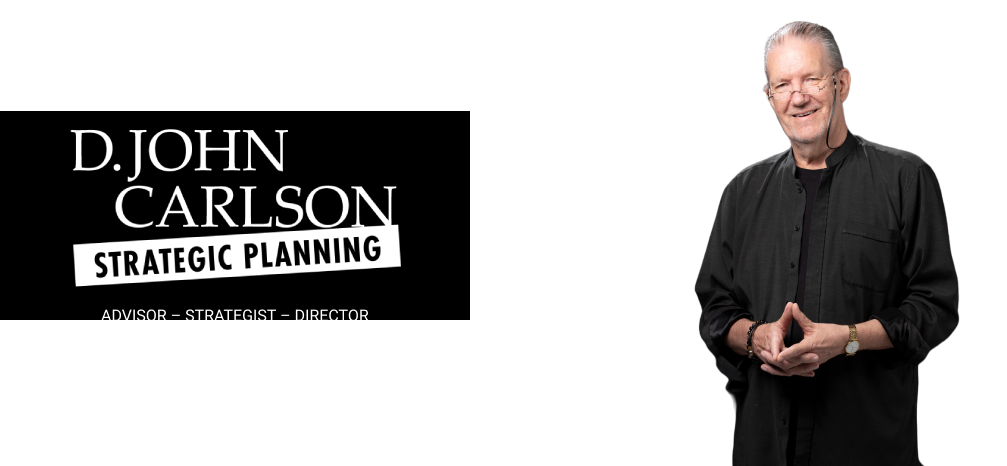NYU marketing professor Scott Galloway described advertising as akin to a ‘turd floating in a swimming pool’ – suggesting that it interrupts an otherwise pleasant experience. For most people, advertising is an unwanted intrusion that offers little value. While advertising and communication, more generally, can deliver benefits to advertisers and is sometimes necessary, it is rarely […]
NYU marketing professor Scott Galloway described advertising as akin to a ‘turd floating in a swimming pool’ – suggesting that it interrupts an otherwise pleasant experience. For most people, advertising is an unwanted intrusion that offers little value. While advertising and communication, more generally, can deliver benefits to advertisers and is sometimes necessary, it is rarely the key to a successful marketing strategy. Just ask Qantas. Reports suggest that Qantas invests more than $100 million on marketing-related communication, and while its awareness is high, brand image in 2023 is far from ideal. To quote a recent AFR article – ‘The research shows that fewer Australians are trusting Qantas because of factors related to reliability and customer service, and more of them are distrusting the airline because of poor service, as well as it being perceived to be a poor employer.’ What is more, no amount of advertising or public relations, for that matter, will repair…


 Back
Back